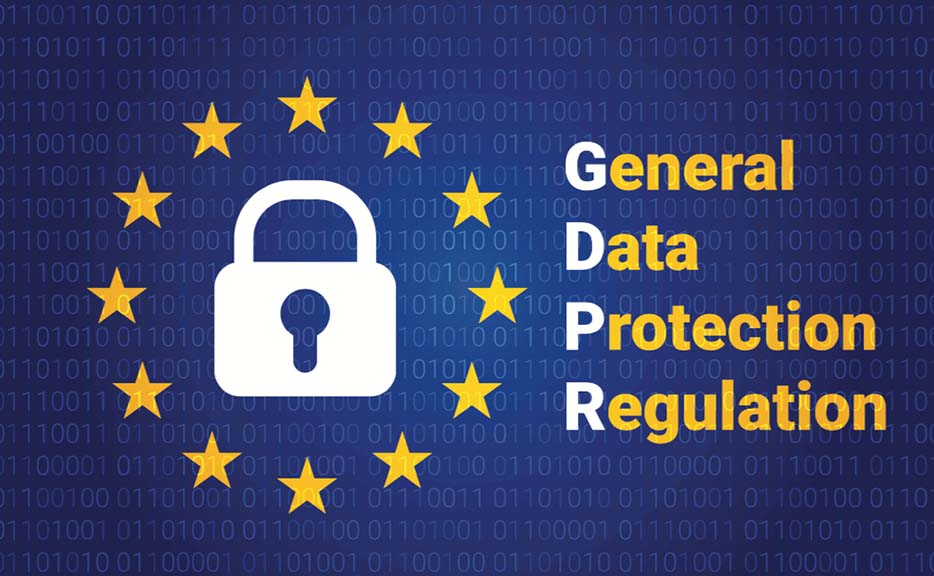Python, C++ or Open Source for Software: Does It Matter?
Mac vs. PC; iOS vs. Android; Open vs. Closed-Source. Everywhere you look, people choose sides for their favorite product, take a stance on one side or the other of a technology debate, or annoy their Facebook friends by being a product’s biggest fan (that they won’t stop talking about. Ever. When it comes to the world of software development, it’s no different. The various programming languages have their ardent supporters and vocal opponents, as well.
The Technology Buying Process
Within a company’s walls, there are usually four people who have a tremendous impact on whether that company purchases software or not. The Executive is the final decision maker and check signer, but typically not the one conducing the search for new software. The Accountant is the person whose job it is to crunch the numbers and make sure the organization can afford it. The Minion is often the person who is gathering everyone’s requirements and conducting the search for new software..
However, the individual who could most often torpedo a potential sale was the fourth person: the IT Person. Obviously, the person who works in technology the most is going to have strong opinions on the matter, and often, it boils down to programming languages.
Inside the Loyalties of the IT Director
In years’ past, many IT people had strong loyalties to a particular language or development environment. To be fair, this development partisanship went far beyond the IT personnel of individual corporations. Often, companies would succeed or fail in their efforts to acquire investments based on whether their products utilized whichever language was currently the darling of the industry.
Perl, Java, C++, Python and Ruby are just a few of the languages that have all been promoted and put on a pedestal at one point or another. And as open-source software gained in popularity, that became yet another point of contention that IT staff would mark as a determining factor in making a decision.
What Language the Software You Use Written In? Does It Matter?
As a software company ourselves, maybe you wonder, “What is your software written in?” Years ago, we made the decision to create our software using Python. Why? While an in-depth answer would involve an exhausting and technical explanation, suffice it to say that Python’s simplicity, performance and scalability were all major factors contributing to our decision.
But even with this on the table, let’s answer the most important question of all: Does it really matter? Does it matter whether your business software is written in Python, C++ or Java? Does it matter if it’s open or closed-source? Absolutely not.
The days of a program’s underbelly being the determining factor in whether or not it’s used are fading fast. Just as Apple and Microsoft now work together as much as they compete, there’s a similar convergence within the development environment. One language may have features that give it an edge for a short while. In time, however, those features gradually make their way into competing languages and frameworks.
In view of this convergence, the most important factor is, and always should be, how well does a given technology application meet your company’s needs? Does it save your company time and money? Does it help your company by providing the proper reports and analytics? Will it help your company grow and generate profits?
If the answer to those questions is yes, then the language that application is written in is irrelevant.
Let’s Get Started. Book a Demo Today.
Journyx helps you track time for projects, payroll, and more. Learn how Journyx can help you use time to your advantage in your business.



